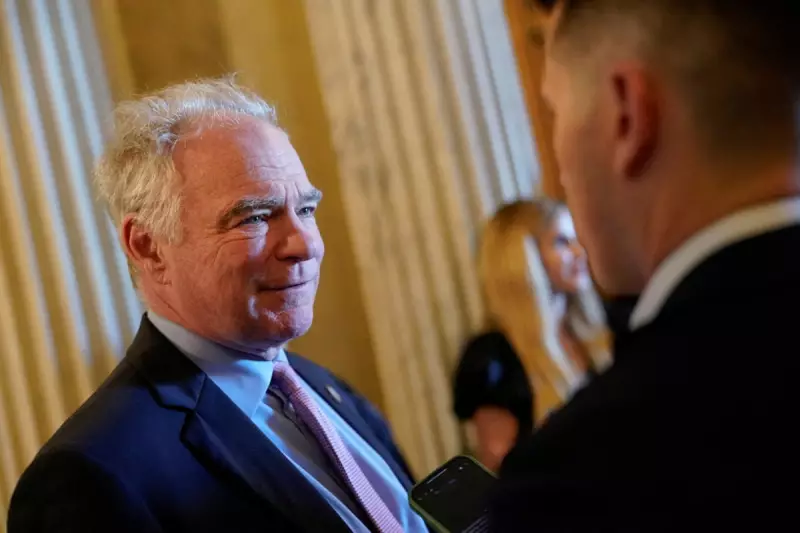
In a remarkable display of bipartisan defiance, the United States Senate has thrown a major obstacle in the path of former President Donald Trump's aggressive trade agenda, voting to block his proposed tariffs on Brazilian imports.
Constitutional Clash Over Trade Powers
The Senate approved legislation that would prevent the implementation of Trump's planned 25% tariffs on goods from Brazil, setting the stage for a significant constitutional confrontation. The move represents one of the most direct challenges to presidential authority over trade policy in recent memory.
What makes this development particularly striking is the coalition that formed to support the measure. Lawmakers from both sides of the political aisle united in their concern that Trump's tariff strategy would harm American consumers and businesses while damaging crucial international relationships.
Economic Fallout Feared
Experts had warned that the proposed tariffs could have severe consequences for both economies. Brazil stands as a major trading partner for the United States, particularly in agricultural products and raw materials. The sudden imposition of steep tariffs would likely have triggered:
- Immediate price increases for American consumers
- Retaliatory measures from the Brazilian government
- Supply chain disruptions across multiple industries
- Damage to long-standing diplomatic relations
Bipartisan Concerns Over Presidential Authority
The Senate's action reflects growing unease among legislators about the expansive use of presidential powers in trade matters. While presidents have traditionally enjoyed considerable latitude in this area, the scale and scope of Trump's proposed tariffs prompted lawmakers to reassert congressional oversight.
This isn't just about Brazil, one senior Democratic senator noted during the debate. This is about establishing appropriate checks and balances on trade policy that affects every American family and business.
Even some Republican senators, typically supportive of Trump's economic agenda, expressed reservations about the potential collateral damage from the tariff plan.
What Happens Next?
The legislation now faces an uncertain future. While it has cleared the Senate, it must still navigate the House of Representatives before potentially reaching the president's desk. The White House has already indicated that Trump would likely veto any attempt to limit his trade authority.
This sets up a potential showdown that could test the limits of presidential power and congressional oversight in international trade matters. The outcome could establish important precedents for how future trade disputes are handled by the executive and legislative branches.
As the situation develops, businesses with ties to Brazilian trade are watching closely, hoping for clarity and stability in US-Brazil trade relations. The Senate's vote represents a significant brake on what many feared could become another front in the global trade wars that characterized much of Trump's previous administration.





